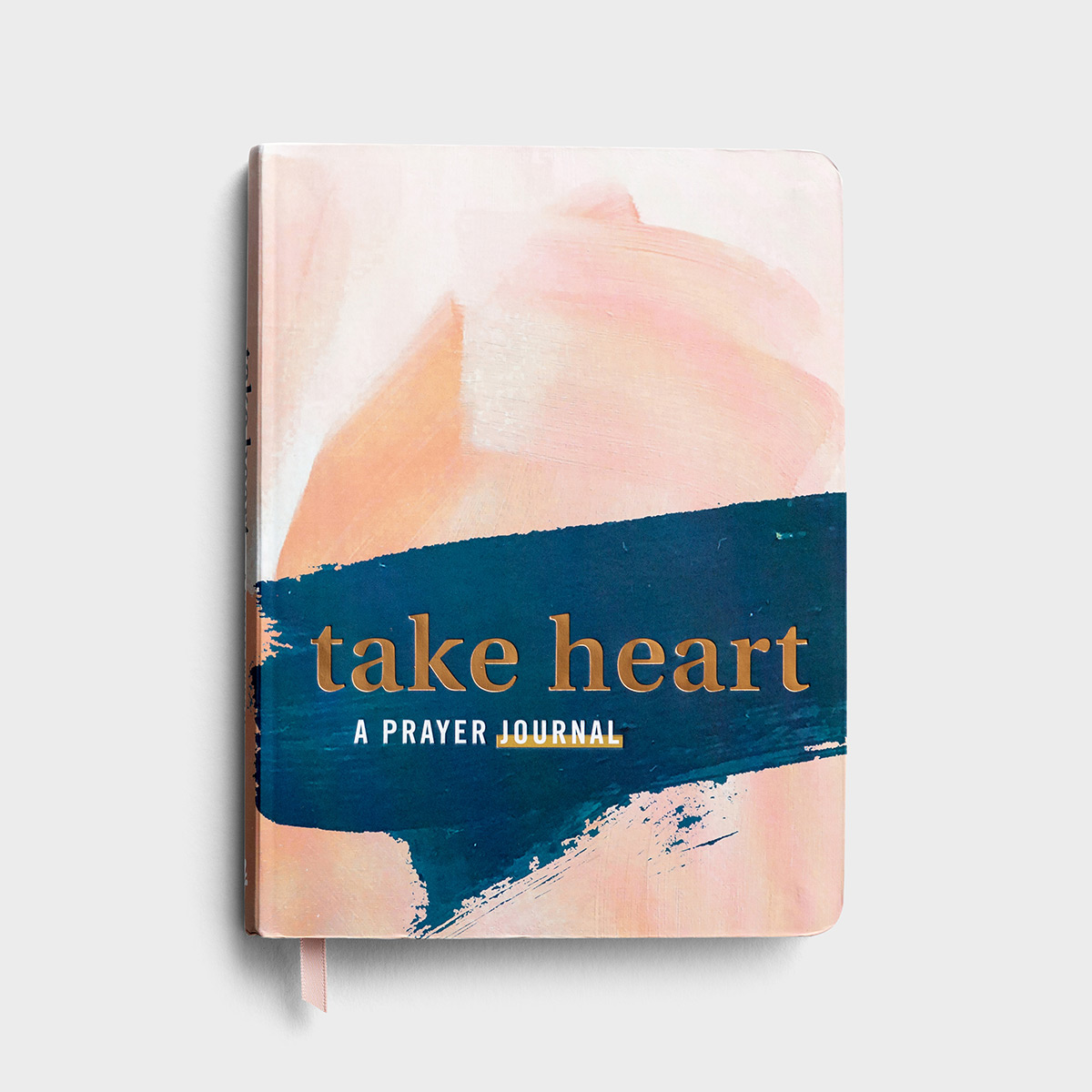I see the nice dad, sitting on the big gym floor with the first graders. I’m sitting on the floor too — both of us helping kids unpack their lunches and juices. The dad and I are volunteer chaperones, helping a hard-working, first grade teacher wrangle twenty-two, excited, tiny children on a field trip downtown to see a play. The dad’s son is in the group, and my little granddaughter is too.
But the dad and I aren’t really talking to each other. Well, I introduced myself, and he smiled politely and told me his name. He then returned to helping with the children, and I did the same. After riding a school bus downtown to watch the play, followed by a workshop on the drama, the dad and I help the kids settle down to eat lunch.
The teacher does the same, and the kids in the meantime are being kids – talking, laughing, making funny faces, twirling their coats around their heads, having fun, enjoying themselves and each other.
But the grownups?
We’re quiet and polite — almost withdrawn? We act almost afraid of each other, fearful of getting too chummy too fast or of crossing some grown-up social barrier. Adding it all up, we three grownups act nice enough, but we’re failing big time at “doing community” — yes, at solving the secret of everyday love.
That’s how American novelist Wendell Berry described the mystery of getting along and living together, or as he said, “doing community.”
As Berry wrote, community “is the ability to pass time with people you do not and will not know well, talking about nothing in particular, with no end in mind, just to build trust, just to be sure of each other, just to be neighborly. A community is not something that you have, like a camcorder or a breakfast nook. No, it is something you do. And you have to do it all the time.”
Reflecting on it later, I thought how my failure to “do community” that morning could’ve melted if I’d answered the simple golden call of Jesus: “Do to others as you would have them do to you” (Luke 6:31).
What, then, do I want from others? The same as most of us. I just want to be seen, not to be overlooked. Next, I want others to listen when I speak – yes, to hear me and my concerns, ideas, and opinions. Altogether, I desire others to know me and not a stereotype of me or assumptions about me.
Yet, there I sat, holding back, waiting for the dad to make the first move – to stand up, walk over, and ask something simple, like “What’d you think of the play?” or “Would you like a cookie?”
When that didn’t happen, I held back too, which was sad because I longed to ask him this: “Are you a pastor?”
Watching his kind interaction with little children, I saw a pastor’s heart. If I’d asked him to share his story – whether he was a pastor or not – I would’ve learned about his life, and at the least, we could’ve peeled back the first layer of “doing community.”
It’s a mystery to me, indeed – this alchemy of building relationships. As a cautious introvert, I don’t totally understand how connecting works, but I’m certain that on that day I made it harder than needed.
So, how can I do better? How can you? Especially now at this Christmas season? Just look at Christ. When I do, I see our Savior discerning a sick woman’s touch by simply asking, “Who touched me? Or I can hear the Lord talking to a hated tax collector, and then, seeing the man crouch in a sycamore tree, calling up to him, “Zacchaeus, come down . . . I must stay at your house today.” So, Zacchaeus “came down at once and welcomed him gladly” (Luke 19:5-6). This is doing community, and as Christ shows us, it’s not that hard to do.
First, we ask, “Tell me your story.” Then we just settle in and listen.
When we do, we learn something vital about ourselves. We learn we can love just as Wendell Berry says: “to be neighborly.”
But Jesus already said that — “Love your neighbor as yourselves.” No mystery there. But in this blessed season, may God help us simply to obey.
Building community can start with a simple request: 'Tell me your story.' Then we just settle in and listen. #community -@PatriciaRaybon: Click To Tweet Leave a Comment







Patricia,
I’ve discovered this magic secret…it’s called asking people about themselves. When I meet new people, no one wants to hear me drone on about myself and my accomplishments, they long to tell their story. Meeting new people, for me, is like an excavation. With each question I ask, I get to go a little deeper in knowing this new friend. I don’t dig for the sake of digging, but I really enjoy getting to know other people’s stories because some of them are really fascinating. If each of us is made in God’s image, just think of all the cool things we can discover by getting to do community with them – whether it’s for an hour or a lifetime. Does it take this introvert out of her comfort zone? You bet. Is it worth it? Definitely. I’ve found that often the best way to love someone else is to ask them a question or two and then wait expectantly to see what will unfold. Awesome post!
Blessings,
Bev xx
Bev, I love this! Ask people about themselves. For those of us who struggle to “make small talk,” it’s the perfect strategy. Spiritually, meantime, it’s a beautiful way to look for the Lord in others and obey his commandment to love. You sum it up so beautifully. Thank you! Your wisdom is blessing today! Warm regards, Patricia xx
Patricia, I know how you felt. I’ve been there with my grandchildren, feeling the outsider with other adults (mums and dads) younger and more involved with school activities. I also have an introvert nature that wants to hide. However, I have learned that, like Bev said in her reply above, asking questions of others is a way for them to talk, even if they don’t want to know anything about me. I’m also still finding it hard to integrate with a very large church, even after several months and my attempts to join groups and get to know people. The thing that keeps me trying is knowing that some people feel as shy as I do. Thank you for sharing and encouraging, as you always do! Once again, you’ve blessed me, thank you.
Such a great point, Barbara. Even if other people don’t ask about me, I do well to ask about them. Then, meantime, look for the “shy” ones! What great wisdom for all of us , especially in this season of holiday parties, get together, and trying to find our place in church. The Lord knows and understands. We praise Him for showing us the way to “be neighborly” with our love. Sending love back to you today!
Thank you for your encouragement, Patricia!
My total pleasure, Barbara!
Patricia, I’ve missed these opportunities, too. And it does seem best to ask people about themselves, without making assumptions. Most of us enjoy being seen and heard, just like you said. I’m an introvert, too and I’m hard of hearing to boot! So it’s scary to start a conversation. I’ll keep trying though. It’s important. Thank you for your encouragement!
So, true, Irene. It’s important to try. Blessings on your courage to take a risk and reach out to others. We all need that effort from others! Peace and love today!
I’d love to know which Berry book (or character!) is the source of that wisdom.
Yes, DO-ing community–it always feels so risky, but it’s the only way to broaden my world.
Michele, good day! Thanks for your interest. That quote is actually from a book of collected essays by Wendell Berry, published in 1992. The title is Sex, Economy, Freedom, & Community by Wendell Berry (New York: Pantheon Books, 1992). So, indeed, Berry challenged believers then to rethink community (and these other topics) — to stretch, deepen and connect us. If you read it, please let me know what you think. Warmest regards and kind thanks!
Thank you Patricia, for striking a chord for all us cautious introverts! I am finding that when I call on the Holy Spirit to help me often there is an almost instant but subtle answer or thought that opens that door. And I love it when He helps build community. Blessings to you!
Patricia, I love this reframed concept that community is not something you have but something you do. I’ve had similar experiences as the one you described. As an introvert I’m happy to just sit back and observe, but also like you, my deeper desire is to know others and be known. Last month tt my son’s soccer team party, all the parents were sitting essentially sitting alone while our kids were playing and laughing together. Finally, I realized that I had as much power (and responsibility) as anyone to get outside my comfort bubble and interact. I made a comment about the weather (lame I know) to another mom as I got up to grab a soda, and that simple remark helped initiate a lovely coversation. I think we both felt less awkward and more connected at the end of it.
Becky, thank you for sharing this! As the “grownups,” we’re so often tongue-tied, awkward and uncertain in social settings — when the Lord says to simply be a good neighbor. May He help us on this journey (introverts included)! Thanks so much for reaching out to share and encourage. With every small step, may our timid attempts to connect build real bridges with fellow travelers! Warmest regards and sincere thanks, Patricia
Patricia,
It is amazing that children have no problem making new friends & doing so called community. Yet as adults we tend to sit sort of like wall flowers by ourselves. What is it we are afraid of? That they won’t like us? Who knows until we get out there & say a simple hello. I completely understand though, I too, was a shy introverted young person. Didn’t talk much at all. God made us for community & He showed us exactly how to do it. Just go up to people & start asking simple questions then listen. I try to do that often. You’d be surprised how much people are willing to tell you if given the chance. It’s that they are scared also. This year I started a new job in a large hospital. Each time I go in I start by talking to the other workers. Making comments like nice job or keep up the good work. It isn’t much, but a beginning of some great friendships. Just simply talking with them over minor trivial stuff. You hit the nail on the head when you said community isn’t something we have, but something we must do. God ordained us to be in community with one another. Let’s all break out of our comfort zones & ask simple questions of people. We will build great communities & friendships.
Advent Blessings 🙂
Yes a week later I’m really catching up on the blessings of blogs and I love them all! Patricia I’m the extrovert who LOVES to ask questions and talk life ( too much of my own sometimes) if I could go out every day and interact I would but I have an introvert husband so I’m limited to running around blabbering.. but my church and my children know I’m ready anytime and anywhere. Remember that scripture does say something about quiet beauty in the silence.. seems I cannot remember it because I prefer to ask and talk about anything that concerns them. I’ve been able to pray for them and share Jesus Christ.. blessings to y’all and your family in this the most wonderful time of the year! Wonderful counselor.. Prince of Peace..may He come and do community in our hearts again \0/
Dearest Pat! After reading your blog on Solving the Secret of Everyday Love I truly get it! So many times, especially as a young girl, I’d walk away from a situation or person feeling like I truly missed out because I didn’t speak up. I love talking to people but getting started is not always easy. But I must remember whom I represent. Everyone has a story and it is those stories that help bring healing and help bring us closer together in order to build community. I hope I never miss this lesson again. Thank you for the message.